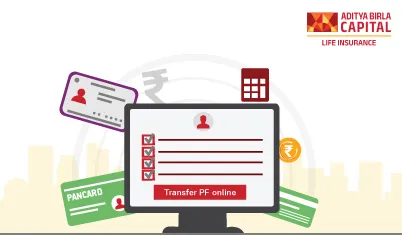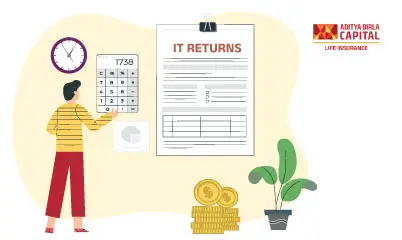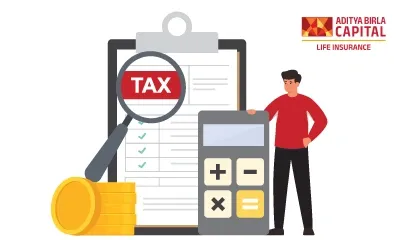A salary hike is an excellent boost for your finances, but it often comes with an increase in your tax liability. While it's natural to celebrate a pay rise, intelligent tax planning is equally essential to make the most of your new income level. In this blog, we'll explore five effective ways so you can learn how to save tax on salary when you've just received a salary hike.
Understanding the Basics: How Tax is Calculated
Before we dive into tax-saving strategies, it's crucial to understand how tax can be calculated. Your income is broken down into various categories: salary, income from other sources, capital gains, and more. Different tax slabs apply to different income levels, and several deductions and exemptions can lower your taxable income.
With the salary increase, you may move to a higher tax slab, increasing your overall tax liability. However, there are various tools available for tax relief and tax rebates that can help you manage your new financial status efficiently.
Revisit Your Investment Under Section 80C
Diversify and Increase Your Investments
When you receive a salary increase, one of the first things you should do is review your Section 80C investments. You can comfortably increase your contributions to various schemes like PPF, EPF, or ELSS if your salary is higher. An increase in investment not only provides you with higher returns but also gives you considerable tax relief.
Maximise the limit of ₹1.5 Lakhs
Section 80C offers deductions up to ₹1.5 lakh per annum. If you haven't fully utilised this limit, your salary hike is an excellent opportunity to do so. From fixed deposits to life insurance premiums, there are various investment alternatives that you can investigate.
Health Insurance Premiums Under Section 80D
Why Health Insurance Matters
With the rise in medical costs, it is very crucial to have an adequate health insurance plan. And guess what? The premiums you pay for your health insurance can also help you save on taxes.
Avail the Tax Benefits^
Section 80D allows you to claim a deduction on premiums paid for health insurance. For individuals aged below 60, the limit is ₹25,000, and for senior citizens, it is ₹50,000. If you're already paying for health insurance, consider enhancing your coverage, significantly if you have increased financial responsibilities.
Opt for House Rent Allowance (HRA) Exemption
If you're living in a rented house, the House Rent Allowance (HRA) is a significant component of your salary that offers tax benefits^. With a salary increase, you may consider moving to a more comfortable place. If so, your new, higher rent can be claimed for HRA exemptions, thus reducing your taxable income.
Education Loans and Tax Rebate
Section 80E Benefits
If you have an education loan, the interest amount paid towards the loan is deductible under Section 80E. The best part? There is no upper limit on the interest amount that you can claim. So, if your salary hike allows you to prepay your education loan, weigh it against the tax benefits^ of prolonging the payment to save on tax.
Adjust Professional Tax and Standard Deduction
Standard Deduction
Salaried individuals are eligible for a standard deduction of ₹50,000. While this does not change with a salary hike, it's crucial to remember this as part of your tax-saving plan.
Professional taxes
Professional taxes are levied in some states and ultimately deducted from your income. With a salary hike, this tax may increase, but it is claimed as a deduction.
Leveraging Tax Relief and Tax Rebate
Tax relief mechanisms like rebate under Section 87A can also be beneficial. This rebate is applicable if your total income is less than ₹5 lakhs after all deductions. With a salary hike, you might exceed this limit, but with smart planning like increased 80C investments or opting for NPS under Section 80CCD(1B), you can bring your taxable income within this bracket to avail of the rebate.
Final Thoughts
A salary hike is a cause for celebration, and with a little foresight, you can ensure that a substantial part of it remains in your hands, away from the taxman's reach. With an understanding of tax calculation and leveraging various avenues for tax relief and tax rebates, your financial situation could be optimised.
Whether it's maximising your Section 80C investments, opting for increased health coverage, leveraging HRA, or understanding the nuances of tax relief mechanisms, each step can go a long way in ensuring that your salary hike serves you well.
So, don’t just spend that extra income; plan and invest it wisely to reap the maximum benefits. Happy Saving!










